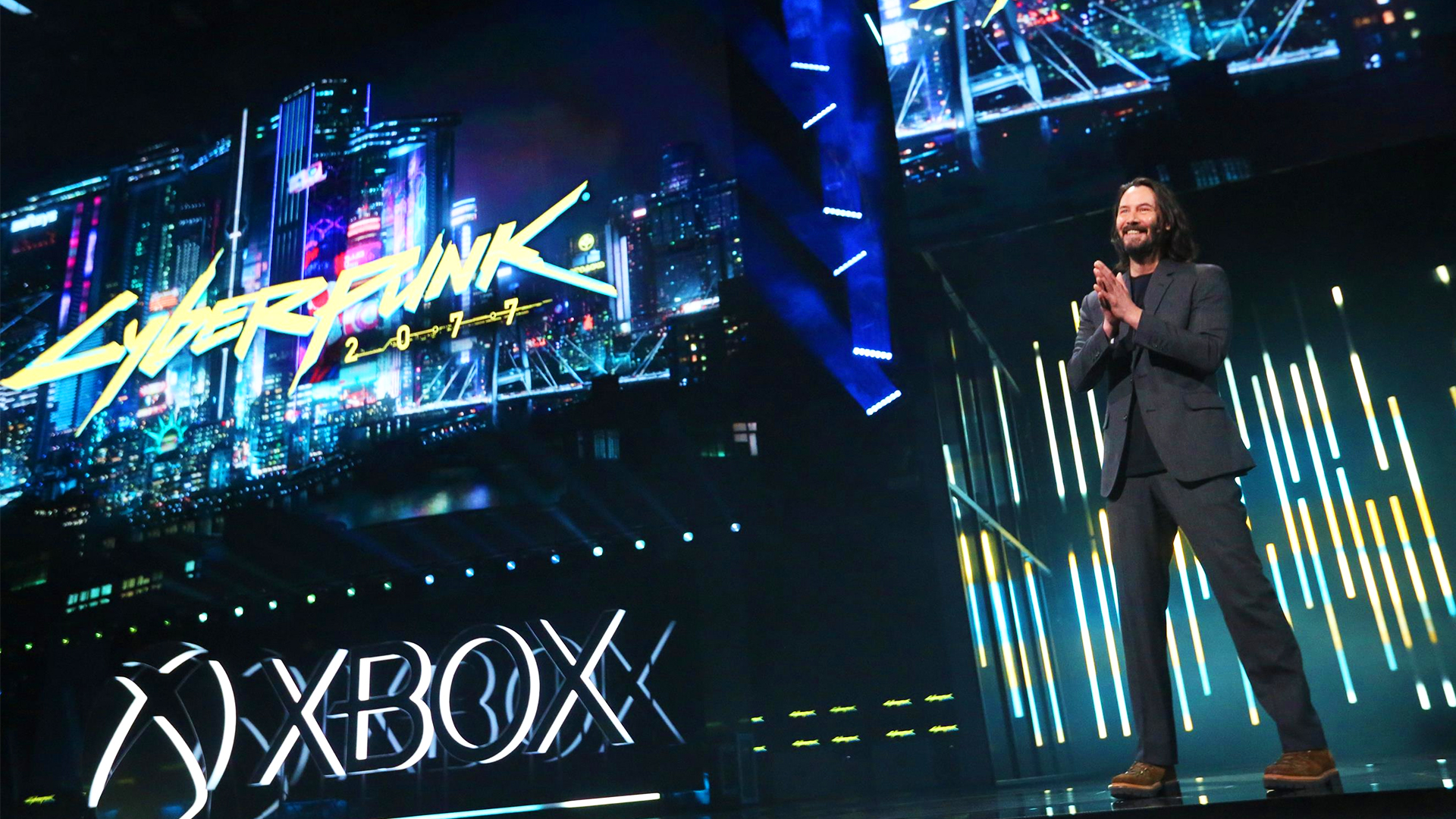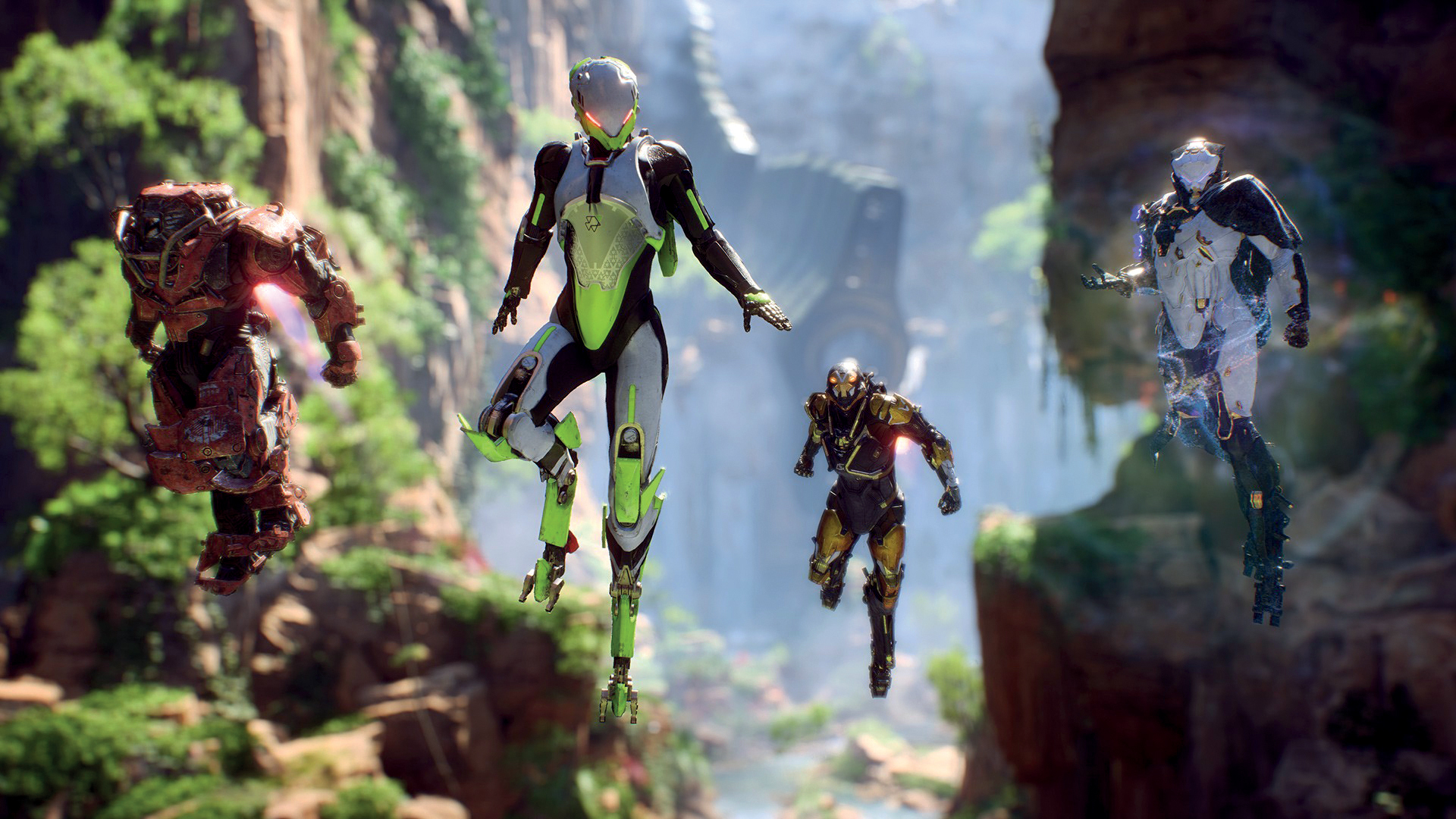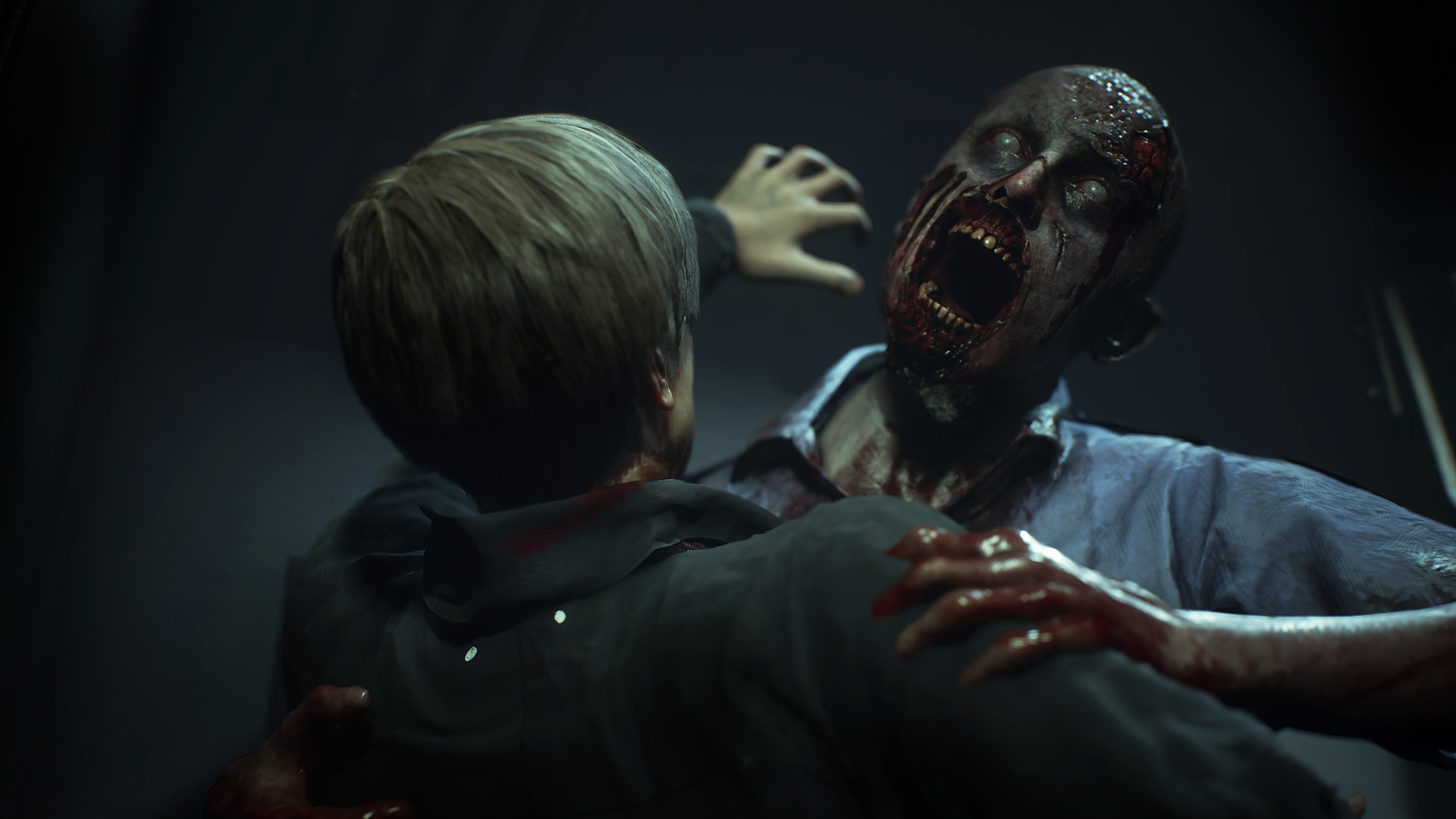Does E3 hype ever actually pay off?
Analysing the hype machine.

E3 can be exciting. It's a glimpse of things to come. New games, new studios, new technology. A yearly celebration of the industry, and a place for developers to finally reveal the games they've been secretly working on for years. And let's be real: it's also an aggressive, coordinated marketing assault. A flashy, elaborate weekend-long commercial as much about building excitement as it is pleasing shareholders, securing pre-orders, and shifting consoles.
Hype is a funny thing. You'll think you're immune to it, then see a trailer that whips you up into a pathetic frenzy of excitement. We shouldn't feel bad about that. They're designed that way. But sometimes it's good to take a step back and ask: does E3 hype actually mean anything? I mean, ultimately, it's videogames. It doesn't truly mean anything. But when a publication slaps a 'Best of E3' award on a game, does that always translate to a good game?

After every E3, media outlets (including PC Gamer) vote in the Game Critics Awards. Categories include Best of Show, Best Original Game, Best PC Game, Best Role Playing Game, and so on. It's ultimately pretty meaningless, because the voting is based on short, orchestrated demos designed to show the games in question at their absolute best. It's better to think of these awards as a measure of the excitement surrounding a game, rather than any indication of its eventual quality. Which actually makes these awards a great way of figuring out if E3 hype ever translates to anything.
Starting with the Best of Show award, it's a mixed bag. In 2018, Capcom's Resident Evil 2 remake generated a lot of buzz and won the award—and turned out to be one of the best games of the following year, and the best in the series since Resident Evil 4. Hype justified. However, in 2014 the award went to Evolve, Turtle Rock's ill-fated co-op shooter, whose playerbase dwindled significantly after launch. It sold well enough, but honestly, when was the last time you even thought about Evolve? Here's hoping Back 4 Blood has a longer shelf life.
How is anyone supposed to get a clear picture of a game based on curated marketing material?
The Best PC Game award is just as inconsistent. In 2019, Doom Eternal won it—a game we slapped a 94% review score on and called "one of the most intense shooters ever." Another example of justified hype. But in 2018 the same award went to Anthem, a disaster of a game that elicited such a negative reaction from critics and gamers alike on release that, despite an attempt to salvage it, ended up abandoned by EA and BioWare in February this year. Anthem looked great in demos and trailers, and is a prime example of how misleading they can be.
I could go on, but you get the idea. All the other award categories are the same: a fairly even mix of getting it right, and getting it spectacularly wrong. Because, really, how is anyone supposed to get a clear picture of a game based on curated marketing material? The conclusion to draw from this, and other E3 awards, is that hype doesn't mean or say anything. It's a fleeting, pointless metric, and you shouldn't pay any attention to it.

Yeah, I know, this is rich coming from someone who's written thousands of previews of unreleased games, often based on short demos. But personally, in the wake of Cyberpunk 2077, my approach to the preview process has completely changed. In the years leading up to its release, I visited CDPR's studio in Warsaw, interviewed dozens of developers, saw several hands-off demos, and played the game a few times in a controlled environment. And from that came thousands of words of glowing impressions.
Keep up to date with the most important stories and the best deals, as picked by the PC Gamer team.
I wasn't doing this to feed the hype machine—at least not intentionally. I genuinely believed in the game and the developer, and everything I saw was brimming with promise. Then when Cyberpunk 2077 launched and turned out to be a passable first-person shooter with half-baked RPG systems, set in a lifeless, unconvincing world, and ridden with bugs, I felt like a mark. It's not a bad game—it's just not the game it was built up to be. And my coverage, and that of the wider media, contributed to the disappointment of many players.
It can be hard to separate the promises from the reality. As the classic marketer's line goes: you sell the sizzle, not the steak. I fell for the Cyberpunk hype, but so did almost everyone, because we all love games, excitement is infectious, and it's a joy to get swept up in the buzz of seeing shiny new things. I'm looking forward to E3 and will be eagerly watching all the livestreams as they happen. But this year, trying a little harder not to take everything at face value. Maybe if we all did the same there wouldn't be such disappointment, and anger, when the reality looks a little different.
If it’s set in space, Andy will probably write about it. He loves sci-fi, adventure games, taking screenshots, Twin Peaks, weird sims, Alien: Isolation, and anything with a good story.


